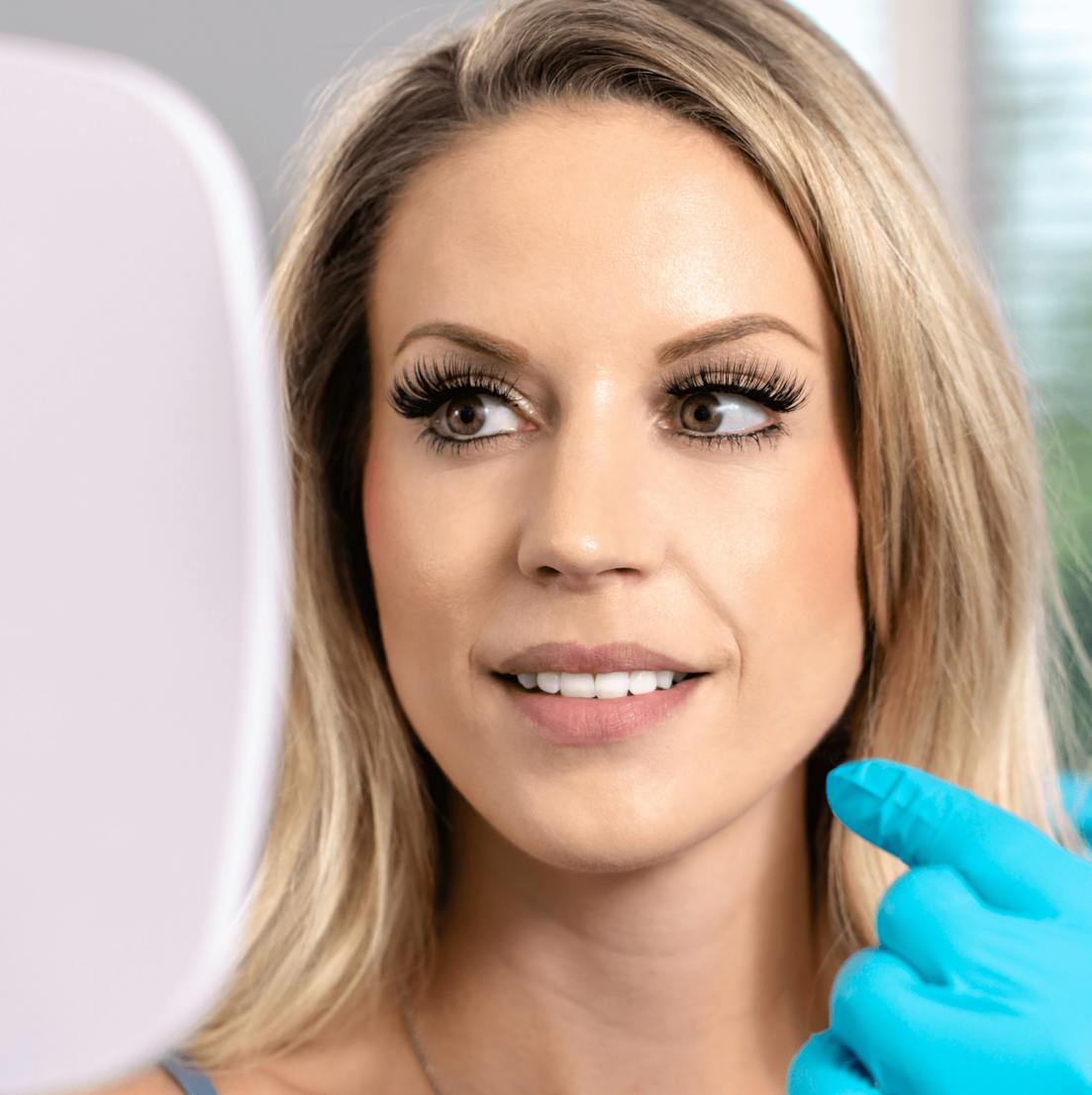What medications will I be prescribed after surgery?
- Narcotic medications may cause constipation. Ensure you have adequate (>25 grams/day) of fiber in your diet and drink at least 64 oz. of water daily. You may also wish to take an over-the-counter stool softener such as MiraLAX or Colace once or twice daily.
- Blood thinners will need to be cleared by your surgeon.
- You can alternate your narcotic medication with Ibuprofen 600mg every 6 hours and/or Gabapentin 300mg three times a day. Take ibuprofen with food to protect your stomach from irritation.
- You will be given a prescription for pain medication, which should be obtained prior to surgery. If you are prescribed medications that contain acetaminophen (Tylenol), it is important that you not exceed 3500 milligrams per day. Do not drive, operate heavy machinery, or make important decisions while taking narcotic pain medications.
- You may be prescribed an anti-nausea medication (Ondansetron), which can be taken as needed If you have a history of nausea or vomiting after anesthesia.
Before prescribing any narcotic medications, we are required to check the Texas controlled substance history database (Texas Prescription Monitoring Program). If you currently have a pain medication contract with another physician or are currently on narcotic medications, we will have to coordinate your medications with that physician.






